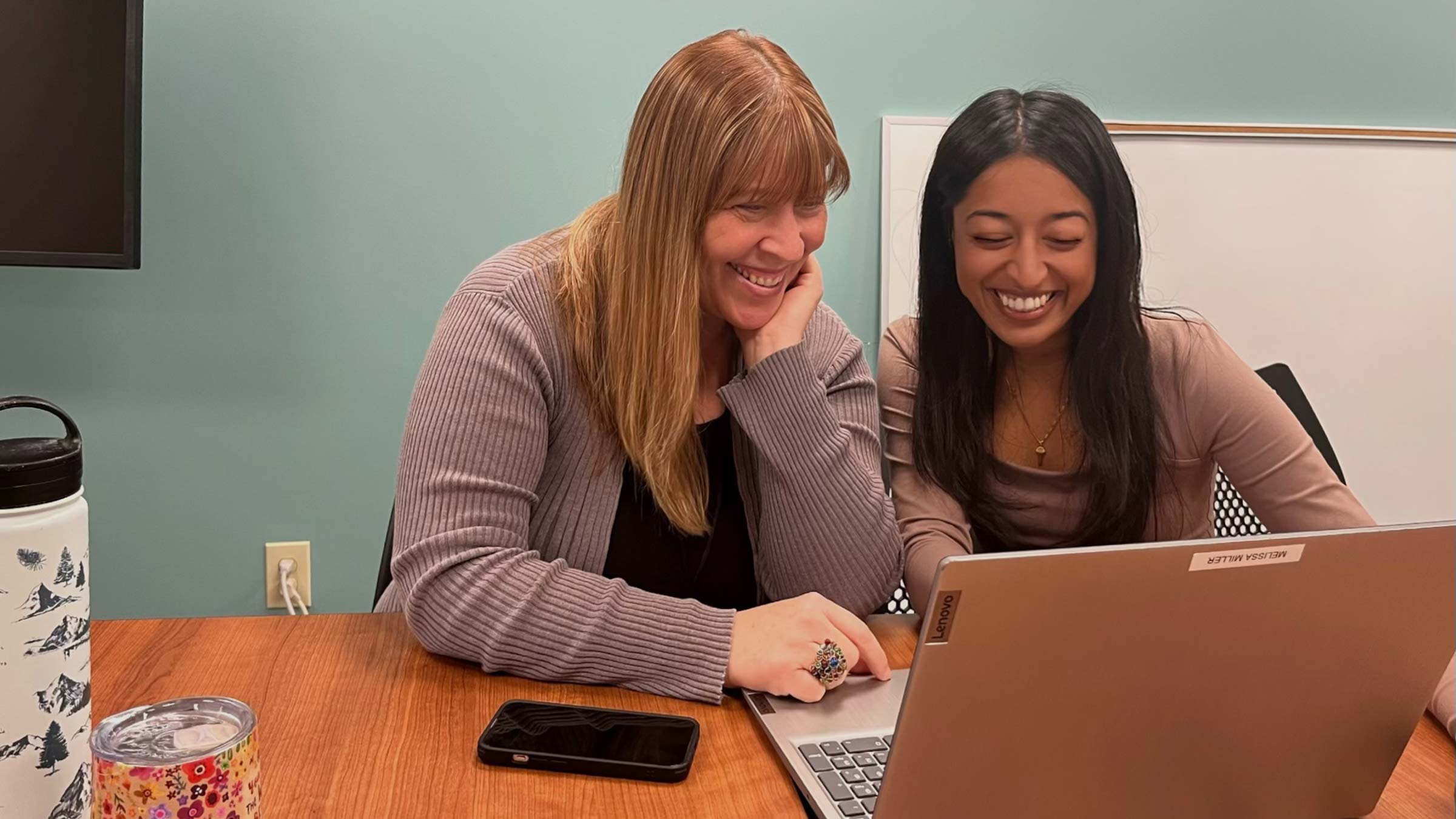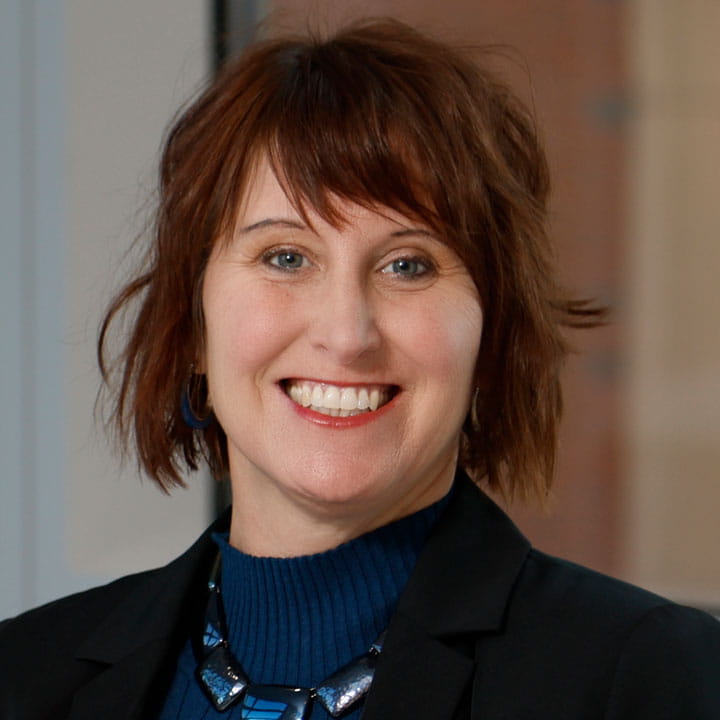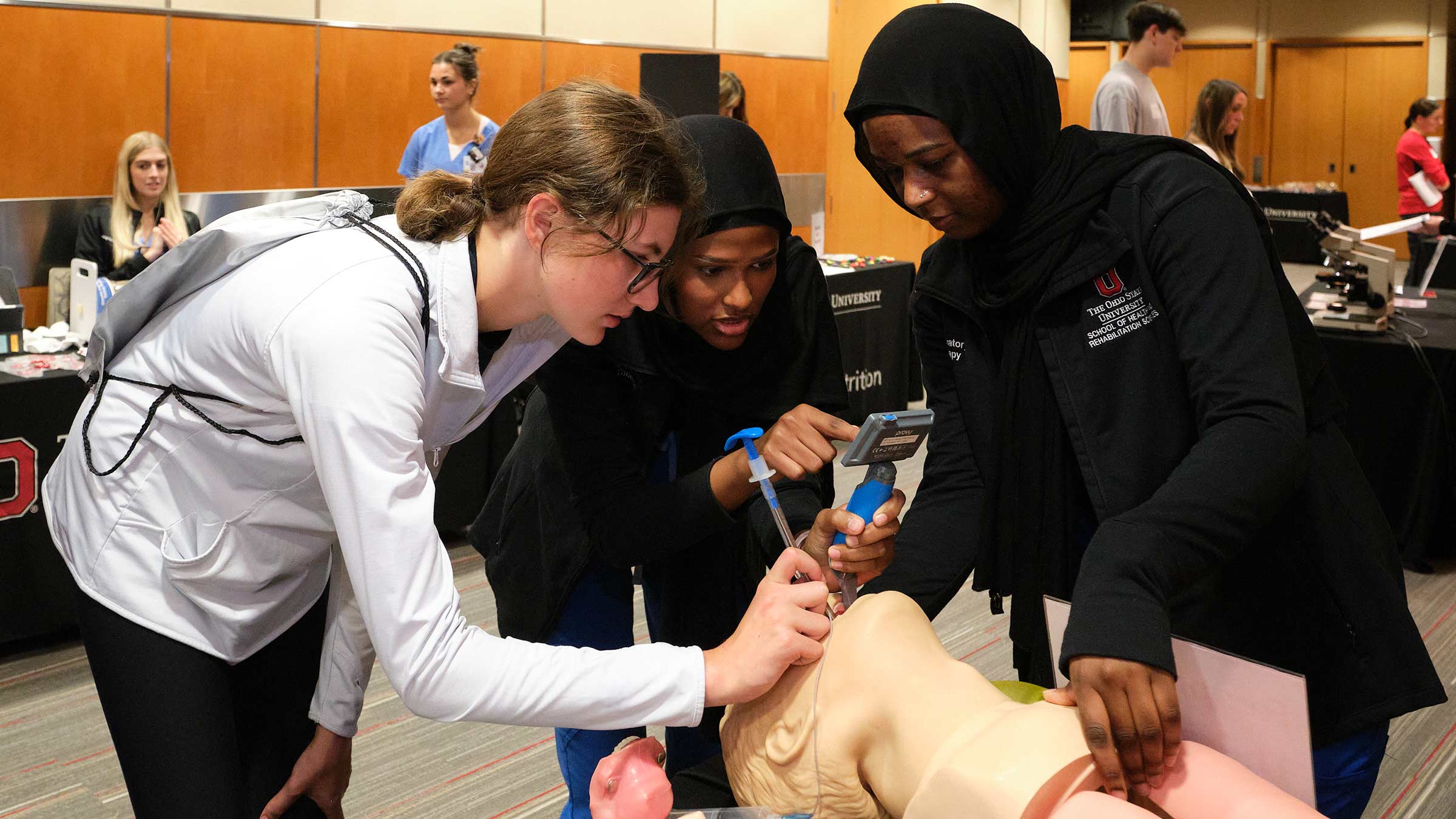Medical student finds calling connecting refugees, immigrants to health services

In the United States, access to health care and the ability to maintain physical and mental health can be challenging. That’s especially true for refugees resettling after displacement or conflict, and even more so for those who also have language and cultural differences.
Noureen Bhuiya, a medical student at The Ohio State University College of Medicine, is working with a Columbus refugee resettlement agency to develop a deeper understanding of the refugee experience in Columbus, Ohio. Her goal is to ensure that others, like her, who work in medicine, are culturally competent and adept at addressing health inequity and access to health education in central Ohio.
Addressing unmet needs to provide health care for immigrants and refugees
“I’m partnering with Community Refugee and Immigration Services (CRIS) to help clients learn how to navigate health care and access resources while also building relationships with others in their communities,” Bhuiya says.
“Many of the CRIS populations are from cultures that aren’t familiar with seeking preventive care,” Bhuiya says. “I really hope to help them understand the benefit of working to maintain health and help them learn to communicate their health care needs with providers.”
She’s one of 11 Ohio State University 2023-24 Columbus-Athens Schweitzer Fellows chosen to engage in supported outreach and engagement programs. The goal is to support and train emerging health care graduate and professional learners to address unmet community needs; needs the Ohio State College of Medicine is poised to support through innovative programs, initiatives and curriculum.
Two years of medical school have provided Bhuiya with deep insight into how a lack of access to health care and the problems that arise because of that can affect mental health, physical well-being and the ability to care for a family. Now, she’s taking a gap year to conduct research and perform casework at CRIS to get refugees connected with medical and mental health services and resources. She’s also working alongside Melissa Miller, RN, BSN, a refugee health specialist at CRIS, and Kyri Shaffer, IMFT-S, a CRIS therapist who delivers mental health services for refugees.
“I foster an inviting environment where people feel comfortable learning and talking about ways to feel less alone and supported as they integrate into their community,” Miller says. “At CRIS, humanity is the biggest piece.”

Adapting models of care to meet the needs of the refugee population
Their clients at CRIS are navigating health and social systems vastly different from where they came from. Miller says that providing care that deeply examines physical effects of trauma, difficulties and displacement changes everything.
“Maybe we look at symptoms differently to see what is coming out in the body and in behavior.”
“I love it when my clients feel less alone and know they are going to make it,” Miller says.
Bhuiya has day-to-day-interaction with clients and has plans to continue her involvement at CRIS when she resumes classes.
“I’m helping Melissa with an Afghan women’s health and wellness group that will meet every week for the next two months,” says Bhuiya. “It makes it easier for participants to navigate the United States’ complex health care system and find a support system in the highly stressful period of resettlement.”
Building community, one person at a time
Interpreters attend the group sessions to help address language barriers, and representatives from various institutions like the Sexual Assault Response Network of Central Ohio attend sessions to educate the group participants on important topics. After group meetings, Bhuiya reaches out to participants to connect them with necessary services. She says it means a lot to her to witness participants make connections and friendships with community members.
“Making meaningful connections is one of the reasons that medicine really stood out to me,” says Bhuiya. “As a physician, I want to be able to continue to provide for diverse populations. This experience is teaching me how to be supportive to refugees and learn their communication styles and earn their engagement in our teaching and resources.”
Miller agrees. She says Bhuiya is invaluable and she has become the go-to person for medical and medication questions and understanding test results.
The Columbus-Athens Schweitzer Fellows program allows learners to conduct a one-year community service project, which includes at least 200 service hours, 100 of which involve direct client contact. Fellows have both an academic and a community-based mentor.
Bhuiya says the chance to meet with the other fellows to bounce ideas off each other enhances the fellowship experience. Even though each fellow is working on different projects, they each remain invested in the on-going projects, each other and being a part of community engagement.






